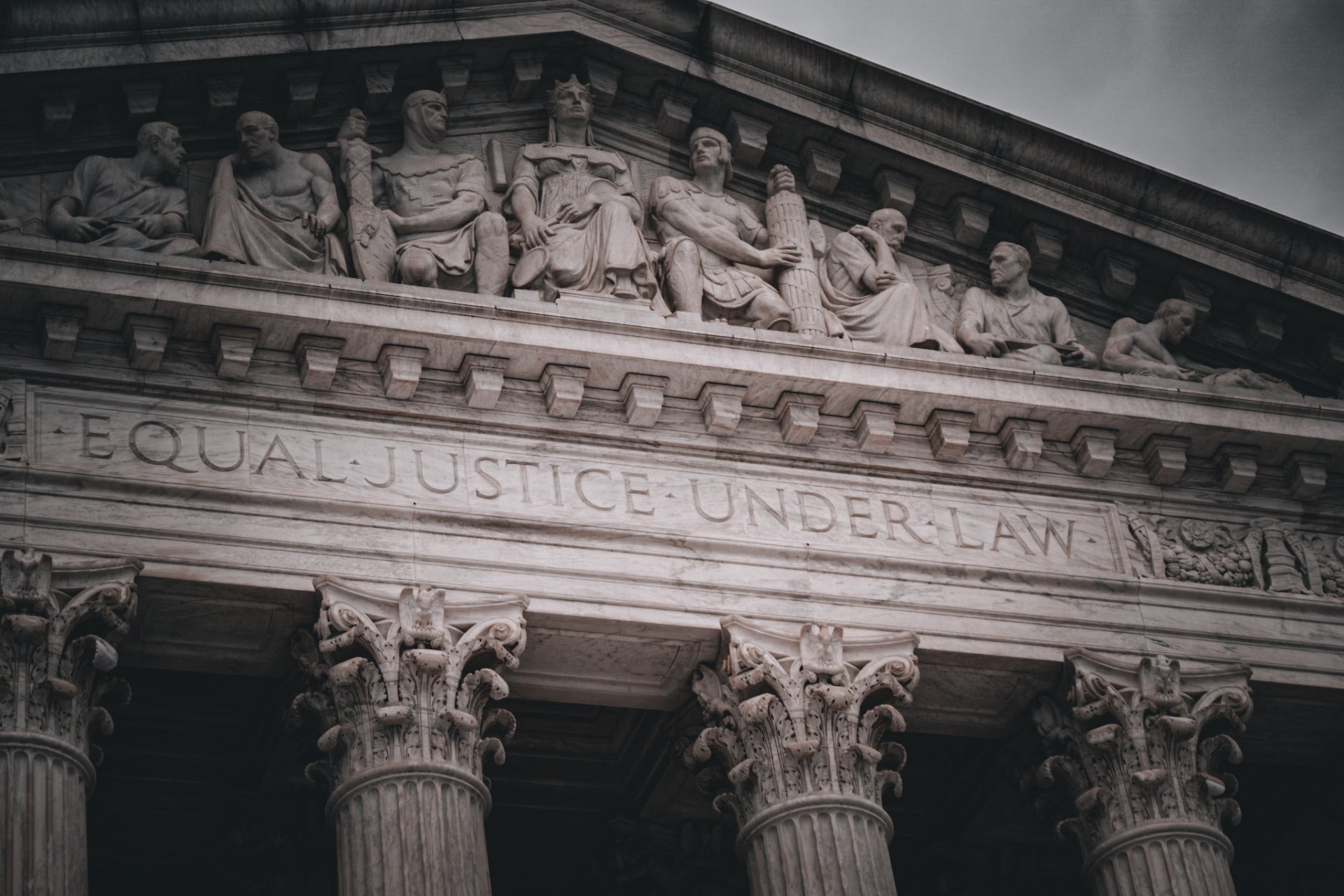People have never been more connected than they are today. The internet, social media networks, and other technologies allow us to instantly send messages across the world, and learn about breaking news as it happens.
With such expansive networks, Americans in different communities could be connecting with each other, learning about each other and building bridges to each other, no matter who they are, what they do, or where they live. Connections that transcend social divisions, known as bridging social capital and brought to national attention by political scientist Robert Putnam, should be expanding and pervasive. But that’s not the case. In fact, social media is separating us further.
We generally use social media to build social capital with people like us, a connection different from bridging social capital – this is “bonding social capital” that strengthens our connections to people who are already similar to us. It seldom connects us with people who don’t fit our expectations of behavior, and it does not build the understanding and empathy that can come from those disparate connections. The creation, strengthening and protecting of these like-us tribes saps the bridging social capital that is essential to addressing so many of our problems.
In the past, “bridging social capital” used to be more available and evenly established in America for two reasons. First, there were many more neighborhoods and communities that mixed people of different socioeconomic classes and backgrounds. Unlike in online interaction, there was no algorithm to make sure you didn’t see anyone who disagrees with you at the grocery store. Community members, by encountering each other in real life, built friendships and mutual respect and greater understanding. These relationships created the bridging social capital that binds us together and creates a sturdy social fabric.
Second, strong community institutions provided the scaffolding for individual members to build social capital and climb towards the American Dream. Churches, unions, and other community organizations were the platforms we used to interact, not Facebook or Twitter. Community organizations still exist and continue to help members climb, but there are fewer of them, and fewer Americans participate in them.
On the other hand, online communities have sorted into two primary echo chambers. Anger and resentment is present in both groups.
One echo chamber is made of elites who hoard their social capital, excluding millions of Americans from the chance to succeed. Elites have leveraged social media to protect their social capital, however inadvertently. Through social media and networks, elites have formed digital webs among former classmates, colleagues and friends, which is an immense resource but only for those who are plugged into the system. By attending a prestigious university or working at an important institution, it’s possible to leverage the relationships built there with ease. But without access to these institutions, people then lack access into these incredibly helpful circles.
Some elites discount the impact of social capital on their own success. In believing that their success is entirely due to their own efforts, they resent those who they feel are not sufficiently motivated to succeed.
The other echo chamber is made of non-elites suffering from a lack of access to social capital bridges and no longer feeling the promise of the American Dream. Many non-elites understand clearly the impact of social capital access on success, and they are fed up with the system, thumbing their noses at our institutions and norms – frustrated with a game that they see as rigged. A lack of bridging capital between these groups reinforces resentment on both sides. Even in the instances when connections are made between people with different views, it only serves to solidify our differences. Read any comments section on an opinion piece.
Bridging social capital, that key element that traverses socioeconomic, geographic and racial lines, simply cannot be gained through a social media whose algorithms are set up to connect with similar colleagues and steer people away from uncomfortable or inconvenient truths. The internet cannot fix this. We can’t rebuild these connections without real, human contact. The connection two people might make online is not as strong as connections made in person, especially those that are made through the course of daily living. There is no replacement for personal interaction and empathizing with others unlike you. If we didn’t know that before November, we certainly do now.
This article originally appeared on Huffington Post.

